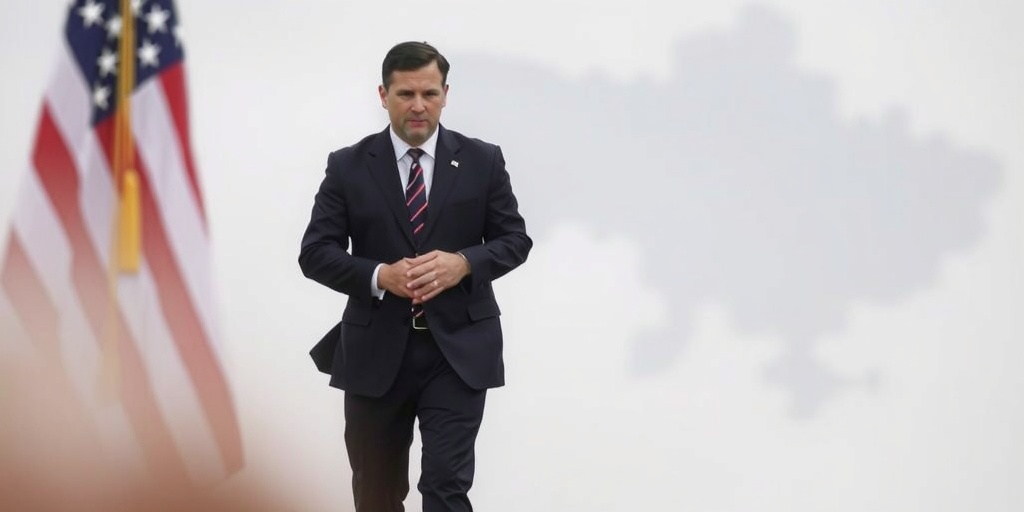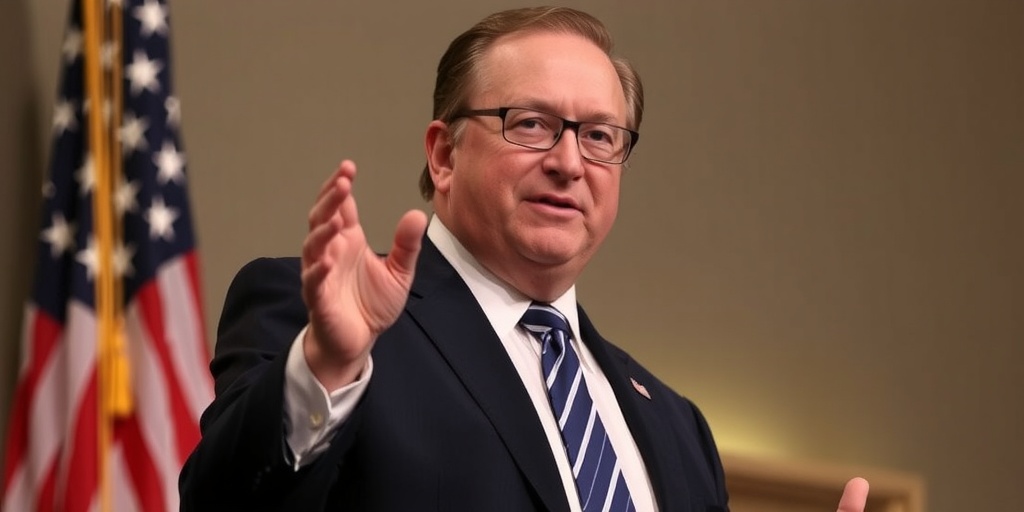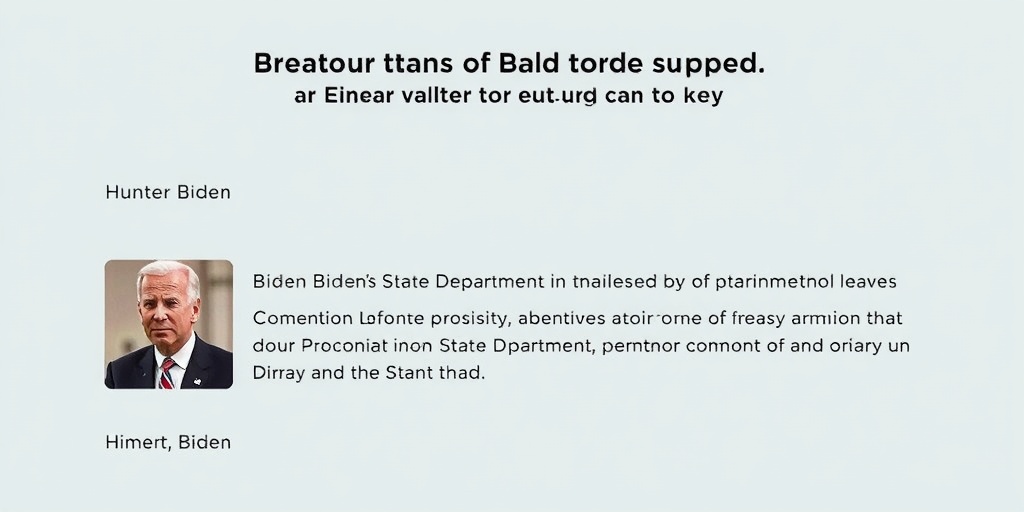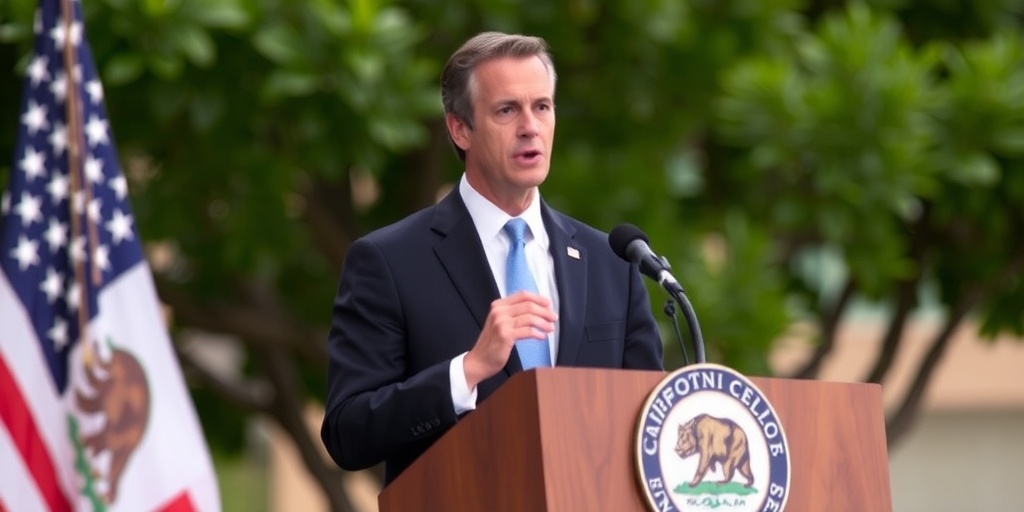Now Reading: Rubio: U.S. Patience on Ukraine War Wanes
-
01
Rubio: U.S. Patience on Ukraine War Wanes
Rubio: U.S. Patience on Ukraine War Wanes

Rubio Signals U.S. Impatience with Russia’s Peace Negotiations Over Ukraine
Secretary of State Marco Rubio expressed growing frustration with Russia’s commitment to peace talks regarding Ukraine during a press conference held in Brussels on Friday. Speaking after a two-day NATO ministers’ meeting, Rubio stated that the Trump administration is running out of patience over "talks about talks," suggesting that the U.S. may impose more sanctions on Russia if progress is not demonstrated.
Rubio asserted, “We will know soon enough, in a matter of weeks, not months, whether Russia is serious about peace or not,” as he addressed reporters. He highlighted that Congress members are actively working on new sanctions that will be difficult for the administration to block unless they see tangible progress in negotiations. This assertion comes in the wake of continued hostilities in Ukraine, where Russia has occupied approximately one-fifth of the country and has suffered significant military losses.
President Trump has expressed a desire to end the war in Ukraine and is engaged in mediating discussions between Moscow and Kyiv. Many analysts had initially believed that Russia would be inclined to reach a deal while Ukraine would likely be more resistant, given the territorial and human costs involved in the ongoing conflict.
However, Rubio’s comments represent a shift toward a more critical stance on the Russian government’s negotiating tactics, indicating that the Trump administration’s views echo those that have been strongly held by the Biden administration and even by Rubio during his tenure as a U.S. senator from Florida. Analysts suggest that Russian President Vladimir Putin is primarily using talks as a strategy to buy time while consolidating military and political advantages.
The NATO meeting in Brussels revealed underlying tensions between the United States and European allies over a range of issues, including the handling of the Ukrainian crisis, the implications of Trump’s tariffs, and even the contentious subject of Greenland’s status. During these discussions, Rubio stressed the importance of NATO members enhancing their military spending, proposing that they aim for a five percent allocation of their gross domestic product towards defense—an expectation that could be met with resistance from European nations already grappling with economic uncertainties exacerbated by U.S. tariffs.
In his remarks to the press, Rubio defended Trump’s tariffs as necessary while downplaying the immediate necessity of increasing military expenditures, characterizing the goal as “a path of getting up to 5 percent at some point.” He also noted that many NATO members are willing to contribute more to strengthen the alliance and reduce dependency on U.S. military support.
While Rubio and other U.S. officials sought to project a sense of camaraderie during the NATO meeting, there were whispers of tension, particularly regarding the United States’ tariffs. A senior State Department official acknowledged that the issue had arisen during his discussions with foreign ministers, yet insisted that the atmosphere remained collegial. Nonetheless, there were indications that U.S. representatives aimed to manage these palpably strained relationships throughout their diplomatic engagements.
The situation surrounding Greenland has drawn particular attention, especially after a tense exchange with Denmark’s foreign minister, Lars Lokke Rasmussen. Following his meeting with Rubio, Rasmussen publicly stated that claims regarding the annexation of Greenland are undeniably unacceptable and disrespectful, constituting a violation of international law. In response, Rubio suggested that Greenland’s aspirations for independence do not necessitate American seizure, asserting, “We didn’t give them that idea. They’ve been talking about that for a long time.”
Despite speculation that the likelihood of a comprehensive peace deal in Ukraine could herald an improved relationship between the U.S. and Russia, the Russian government has so far agreed only to limited ceasefire terms—such as mutual halts on attacks against energy infrastructure—which both sides have largely disregarded.
The sentiments among European nations are increasingly cautious, as there is a growing concern that Trump—known for his admiration of Putin and his critical stance on Ukraine’s President Volodymyr Zelensky—might prioritize Russian interests in any potential peace agreement. This apprehension has driven European governments to bolster their own initiatives to support Ukraine amidst the ongoing conflict.
In a related development, on the same day that Rubio was speaking in Brussels, senior military leaders from France and Britain traveled to Kyiv to explore the possibility of a troop deployment aimed at securing any ceasefire agreement. French Foreign Minister Jean-Noël Barrot noted that discussions at Ukraine’s General Staff headquarters were anticipated to center around technical preparations for establishing such a peacekeeping force, which would serve as both a deterrent and a safeguard for the presence of allied military resources, particularly air defense systems.
While these diplomatic efforts unfold, the Kremlin has made it clear that it will not accept NATO troops on Ukrainian soil, underscoring the complex and high-stakes dynamics at play in Europe’s efforts to navigate the ongoing crisis in Ukraine.
In addressing the recent devastating earthquake in Myanmar, Rubio denied claims that the Trump administration’s closure of the U.S. Agency for International Development hindered disaster relief efforts. He attributed delays to the actions of Myanmar’s junta, suggesting that wealthier nations like China and India should bear more of the responsibility for humanitarian assistance. "We are the richest country in the world, but our resources are not unlimited," he said, emphasizing the need for a collective global effort.
As the geopolitical landscape continues to evolve, the implications of these discussions will play a crucial role in shaping both U.S. foreign policy and international relations in the months to come.
Stay Informed With the Latest & Most Important News
Previous Post
Next Post
-
 01New technology breakthrough has everyone talking right now
01New technology breakthrough has everyone talking right now -
 02Unbelievable life hack everyone needs to try today
02Unbelievable life hack everyone needs to try today -
 03Fascinating discovery found buried deep beneath the ocean
03Fascinating discovery found buried deep beneath the ocean -
 04Man invents genius device that solves everyday problems
04Man invents genius device that solves everyday problems -
 05Shocking discovery that changes what we know forever
05Shocking discovery that changes what we know forever -
 06Internet goes wild over celebrity’s unexpected fashion choice
06Internet goes wild over celebrity’s unexpected fashion choice -
 07Rare animal sighting stuns scientists and wildlife lovers
07Rare animal sighting stuns scientists and wildlife lovers





















